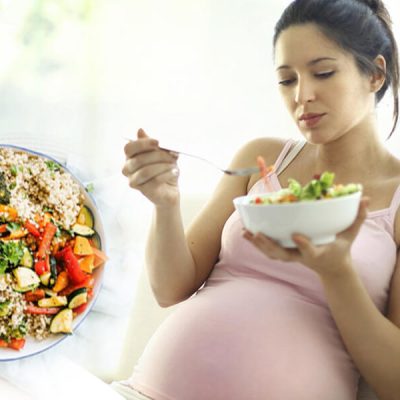Pregnancy is a miraculous journey filled with various milestones and changes, and it’s essential to ensure that you’re giving your body and your growing baby the nutrition they need, especially within the context of Indian dietary preferences. A well-balanced diet during pregnancy is crucial for a healthy pregnancy and a healthy baby. In this blog, we’ll explore some of the best pregnancy superfoods suitable for an Indian diet and the importance of a well-planned diet during pregnancy.
The Importance of Diet During Pregnancy
When you’re pregnant, your body’s nutritional needs change. You are now eating for two, and it’s crucial to provide the right nutrients for your baby’s growth and development. A well-balanced pregnancy diet plan within the Indian context should include:
Protein: Protein is the building block of life and is essential for your baby’s organ development. In an Indian diet, you can include dal (lentils), paneer (cottage cheese), and lean cuts of chicken.
Folate: Folate is critical in preventing neural tube defects. In Indian cuisine, you can find it in leafy greens like spinach and methi (fenugreek), and in lentils.
Calcium: Calcium is vital for your baby’s bone development. In Indian food, include milk, yogurt, and paneer (cottage cheese).
Iron: Iron helps in the production of red blood cells and prevents anemia. In an Indian diet, red meat, poultry, lentils, and leafy greens are good sources.
Omega-3 Fatty Acids: These are essential for brain and eye development. In an Indian diet, consider adding flaxseeds, walnuts, and fatty fish like mackerel.
Now, let’s explore some pregnancy superfoods suitable for an Indian diet that can help you meet these nutritional requirements.
Pregnancy Superfoods:
Sesame Seeds (Til): Rich in calcium, iron, and healthy fats, sesame seeds can be added to Indian sweets, and chikkis, or used as a seasoning.
Jaggery (Gur): Jaggery is a good source of iron and can be a part of various Indian desserts and snacks.
Ragi (Finger Millet): Ragi is packed with calcium and iron. It can be used to make nutritious dosas, rotis, and porridge.
Amaranth (Rajgira): High in protein and fiber, amaranth can be used in making chikki, ladoos, or as a grain substitute in various dishes.
Mangoes: Mangoes are rich in vitamin A and C. Enjoy this seasonal fruit in moderation for a healthy dose of vitamins.
Ghee: Clarified butter (ghee) is a source of healthy fats and is often used in Indian cooking.
Almonds: Almonds are a great source of protein, healthy fats, and vitamin E. Soak them overnight and have them in the morning.
Remember, the key is to maintain a balanced diet and avoid certain foods and drinks that can be harmful to your baby.
Planning a personalized diet during pregnancy, especially within the Indian context, can be complex. Fit Mantra is here to support you in this journey. Our experienced dietitians can create a personalized pregnancy meal plan that aligns with your nutritional needs and dietary preferences. We understand the science behind nutrition and can provide you with easy-to-follow guidance, ensuring you have the best diet plan for a healthy pregnancy in the Indian context.
In conclusion, your pregnancy diet plan, adapted to Indian dietary preferences, plays a vital role in your overall well-being and your baby’s development. Incorporating pregnancy superfoods from Indian cuisine into your diet is a simple and effective way to ensure you’re providing the necessary nutrients. Each pregnancy is unique, so consulting with a registered dietitian, like those at Fit Mantra, can help you tailor your diet to meet your specific needs and ensure a healthy journey for you and your baby







